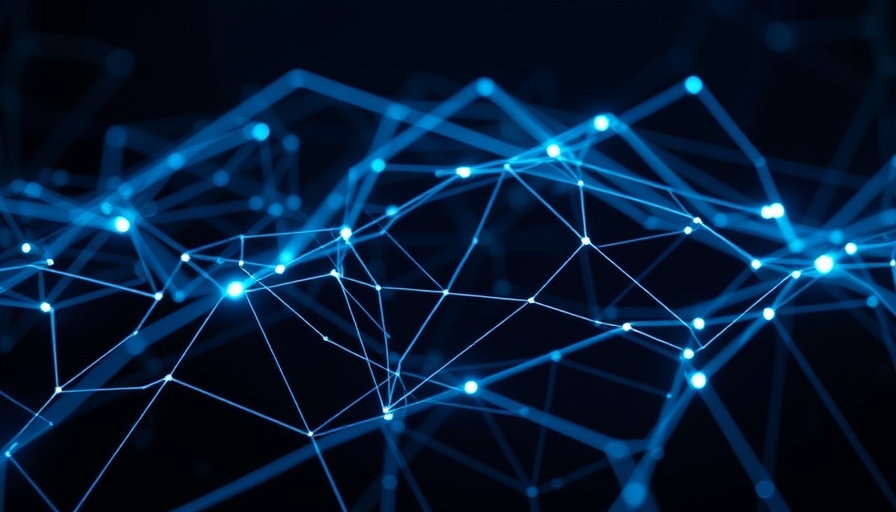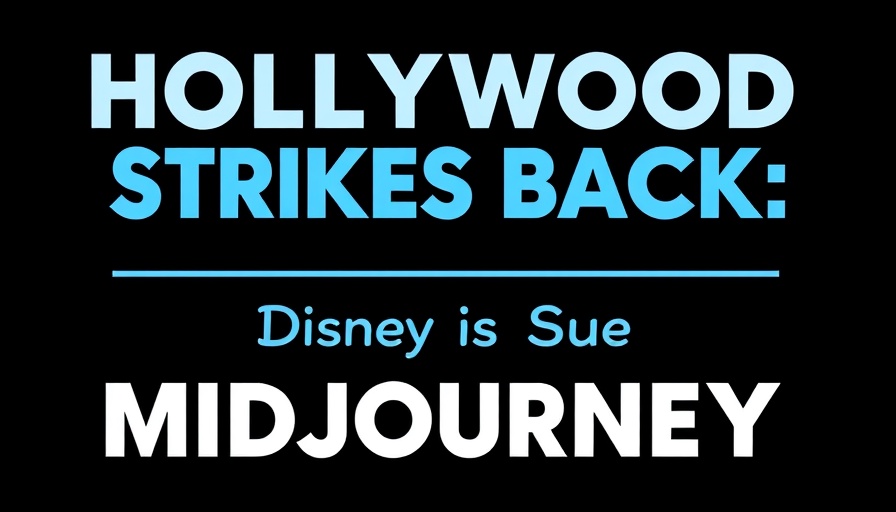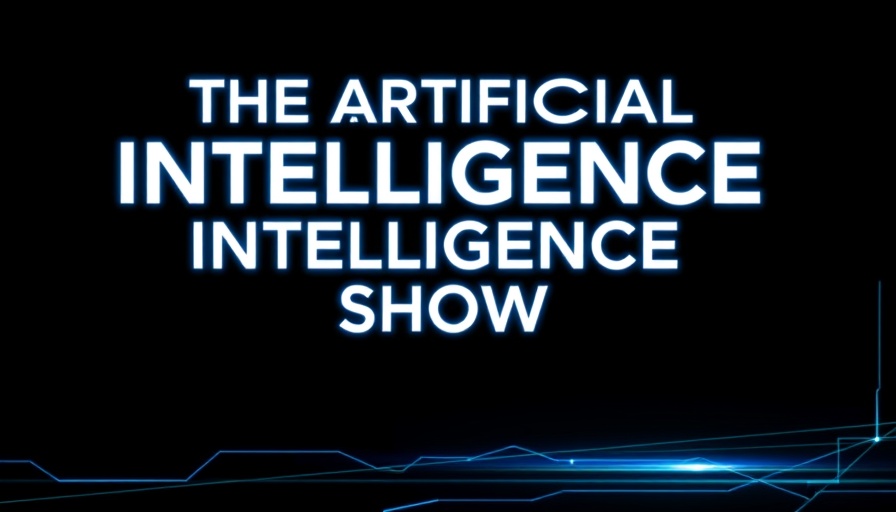
The Emergence of the "Gentle Singularity" in AI Innovation
In recent discussions surrounding artificial intelligence (AI), Sam Altman, the CEO of OpenAI, suggests that we might already be experiencing the early waves of what he calls the "Gentle Singularity." This concept challenges the long-held view that a dramatic event will mark the moment when AI surpasses human intelligence. Instead, Altman posits that this shift is already occurring, albeit quietly and without the fanfare typically associated with such a profound transformation.
Drawing attention to advancements like ChatGPT, Altman claims these systems now perform many tasks better than humans. In his essay titled "The Gentle Singularity," he argues we’ve passed an "event horizon" into a realm where AI integrates seamlessly into our daily lives. Altman's predictions are ambitious; he anticipates that robots will take on real-world tasks by 2027 and productivity will skyrocket by 10-fold by 2030. By 2035, technological aspirations may even extend to brain-computer interfaces and space colonization.
Understanding the Implications of Superintelligence
Yet, there lies a significant challenge: while productivity gains may advance at an unprecedented pace, the societal implications could be daunting. As entire job sectors become automated, the reliance on traditional social contracts may falter. Altman's view of a "gentle" transition implies a gradual adoption of change, still, he leaves unaddressed the potential for widespread disruption alongside these technological feats. With systems becoming increasingly capable, the cost of leveraging this intelligence could decrease rapidly, yet the societal costs connected to unemployment and dislocational change may amplify.
Paul Roetzer, founder and CEO of Marketing AI Institute, stresses the importance of taking Altman's insights seriously. As he explains, Altman has a track record of accurately predicting tech trends ahead of most, often rooted in his deep understanding of emerging technologies. Thus, his cautionary yet optimistic tone regarding our forthcoming reality isn't merely speculative; it is grounded in observed trajectories.
Meta's Bold Moves Towards Superintelligence
In tandem with Altman's views, Meta (formerly Facebook) has made significant strides approaching artificial superintelligence. The tech giant recently announced a new AI division that will focus exclusively on advancing superintelligence technologies. With an investment of approximately $15 billion to acquire a 49% stake in Scale AI, led by the visionary Alexandr Wang, Meta is positioning itself as a frontrunner in the AI race. Wang's expertise in AI strategy and superintelligence risks adds further credibility to Meta’s bold ambitions.
However, Meta’s efforts are a response to lagging performance in AI initiatives compared to competitors. The urgency of catching up reflects the broader industry shift toward recognizing AI not merely as a tool but as an essential partner in shaping the future of work and interaction.
What This Means for Society and Businesses
As we stand on the precipice of this gentle singularity, businesses and society must prepare for the rapidly evolving landscape. Embracing AI's capabilities can pave the way for unprecedented growth opportunities, and organizations should take proactive steps to adapt to this evolution. Strategies may include investing in AI-driven solutions, developing new workforce skill sets, and creating policies that navigate and mitigate potential disruptions.
In summary, the era of AI is transitioning faster than many anticipate. By acknowledging the trajectory laid out by Altman and companies like Meta, stakeholders can better prepare for a future where AI plays an integral role in all facets of life. With innovative technologies at our fingertips, understanding and adapting to the changes is paramount for thriving in this exciting new digital landscape.
 Add Row
Add Row  Add Element
Add Element 


 Add Row
Add Row  Add
Add 

Write A Comment